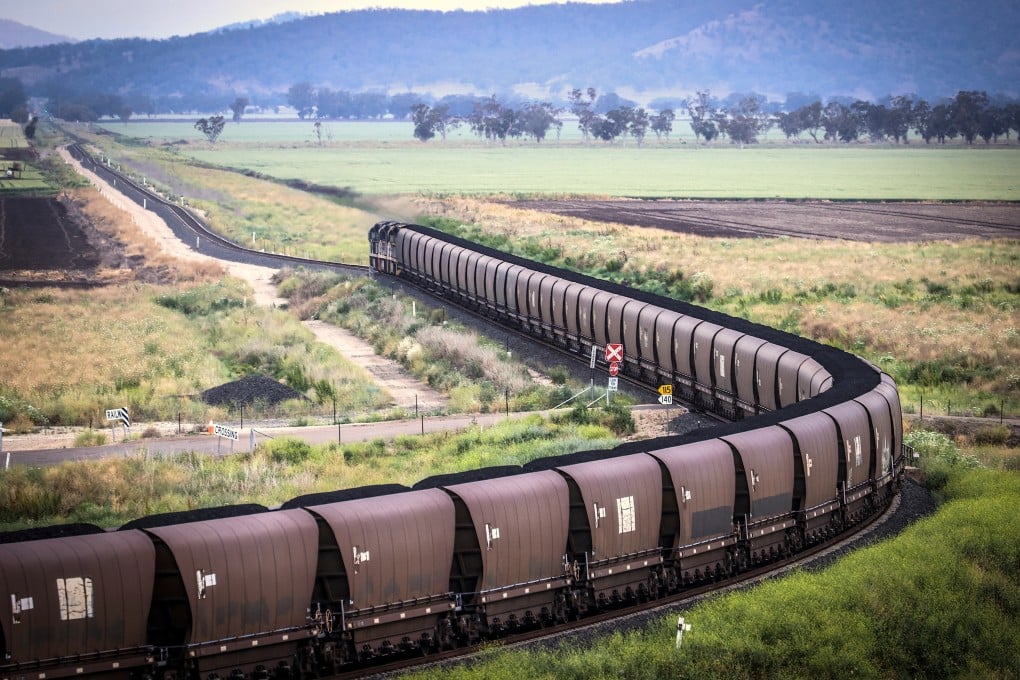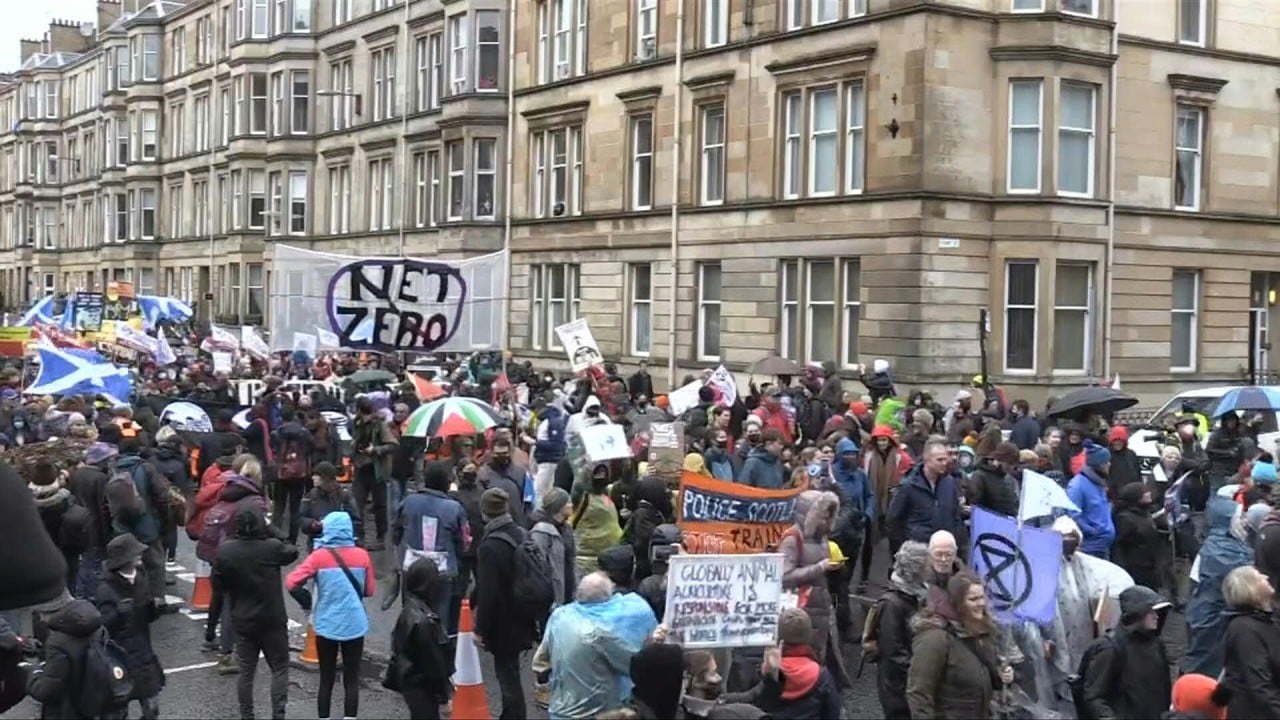Advertisement
Opinion | How Australia’s weak climate change plan is driven by domestic political concerns
- Prime Minister Scott Morrison has come under heavy criticism for proposals that appear focused on keeping fossil fuel firms and domestic voters happy
- Rural farming and mining communities provide large vote banks for the ruling coalition, making policies that could alienate them political non-starters
Reading Time:3 minutes
Why you can trust SCMP

In his address to the UN Climate Change Conference (COP26) in Glasgow last week, Australian Prime Minister Scott Morrison argued that technology is the solution to tackling climate change and refused to sign on to agreements limiting methane gas emissions and stopping investments in new coal plants.
Advertisement
“Technology will have the answers to a decarbonised economy, particularly over time,” he said. “Driving down the cost of technology and enabling it to be adopted at scale is at the core of the Australian Way to reach our target of net zero emissions by 2050 that we are committing to at this COP26.”
His plan was described by Labor Party opposition leader Anthony Albanese as a “scam” that “doesn’t constitute a plan”. Australian Greens leader Adam Bandt described the 2050 plan as a “climate fraud” with no details on how to achieve it.
With a federal election due in the new year, Morrison’s refusal to join the two agreements and championing Australian green technology investments are designed to appeal to the local electorate.
The methane gas agreement is unpopular with rural farming communities, and with a major coal plant just opening in rural Queensland, with promises of thousands of new jobs, it is a vote-catcher with these communities. Pro-environmental policies are popular mainly with urban voters who usually vote with Labor or the Greens.
At the last federal election, in May 2019, Morrison’s Liberal-National Party (LNP) coalition narrowly won thanks mainly to a large number of seats in rural Queensland. That swing to the LNP could be a factor in next year’s elections as well.

Advertisement

